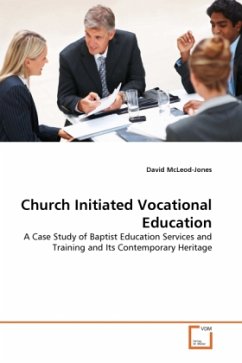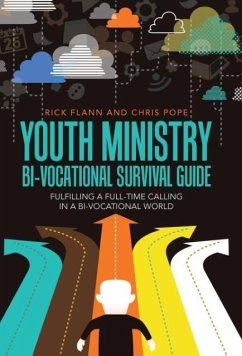Prior to the Learning for Life (LfL) reforms of the late 1980s, New Zealand (NZ) had what could be described as a traditional tertiary education sector, which was characterised by a clear demarcation between universities and other providers, free tertiary education, low levels of tertiary participation, and a small private sector. LfL introduced a number of regulatory and funding changes that provided a much more level playing field for private training establishments (PTEs). These reforms allowed and indeed encouraged the expansion of private tertiary education in NZ. During the same period Baptist churches were running training programmes to meet the needs of the unemployed. This led the Baptist Union of NZ to establish Baptist Education Services & Training (BEST) to oversee the creation of a Baptist PTE to better run these programmes. I trace the history of the establishment of BEST, its activities, and its eventual demise. I then outline the personal perceptions of participants in relation to the above developments. Finally I relate the contemporary heritage of BEST in the PTEs it assisted that continue to deliver training.
Bitte wählen Sie Ihr Anliegen aus.
Rechnungen
Retourenschein anfordern
Bestellstatus
Storno








